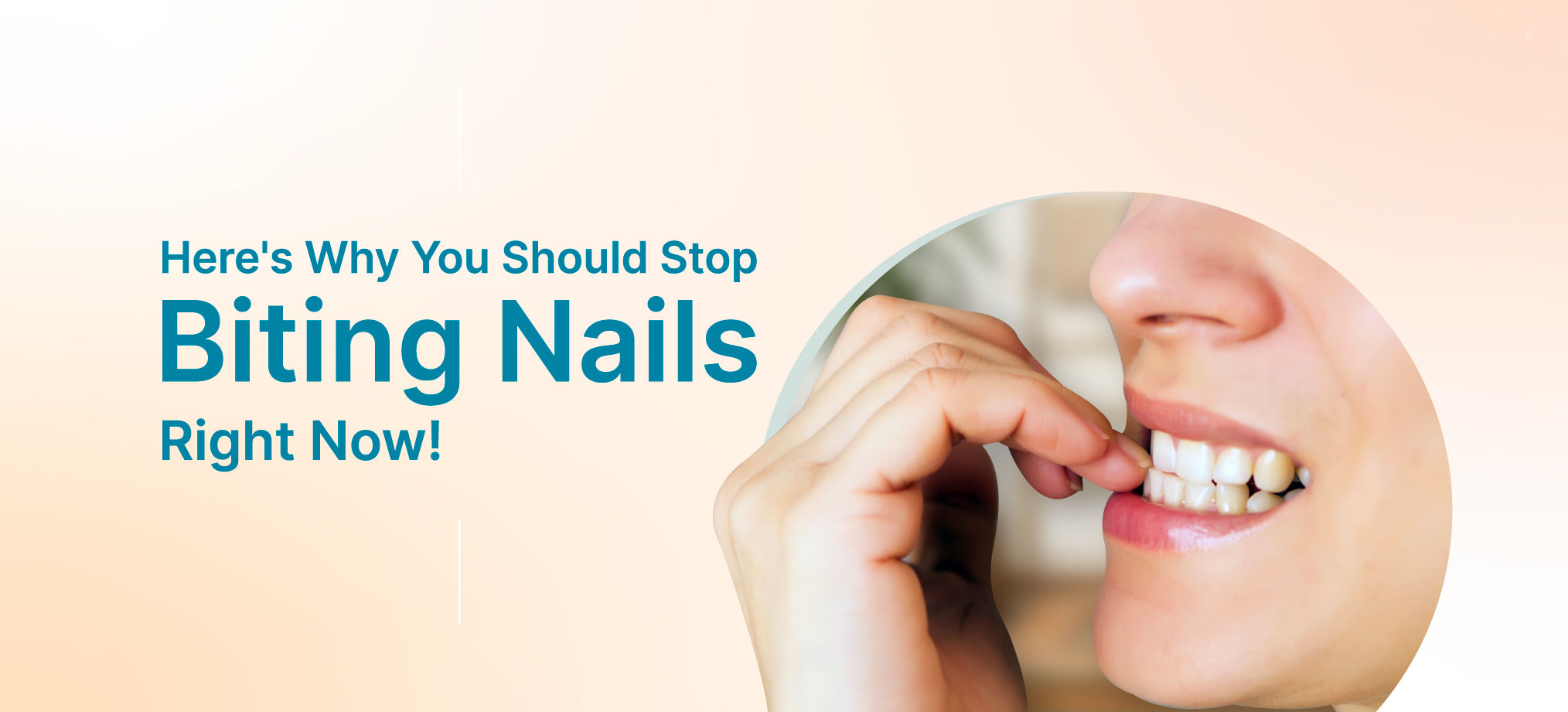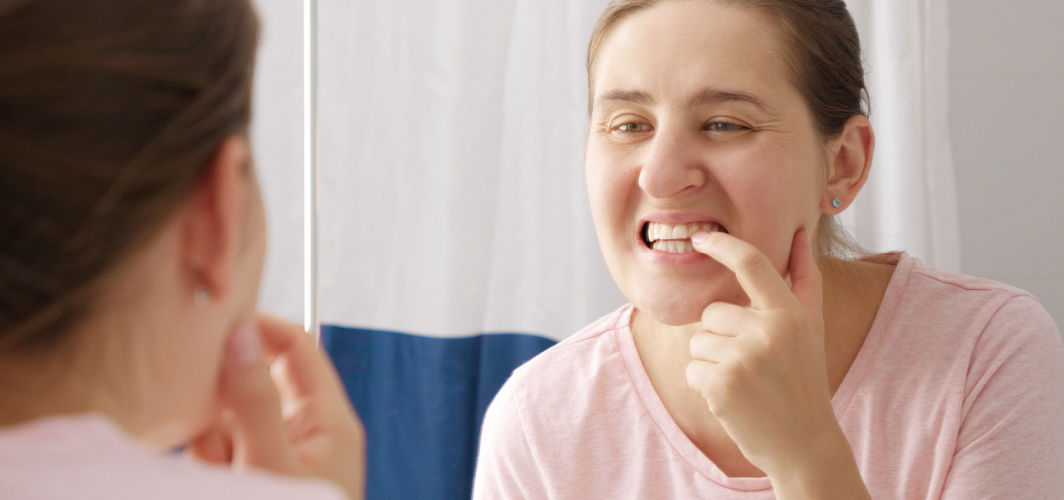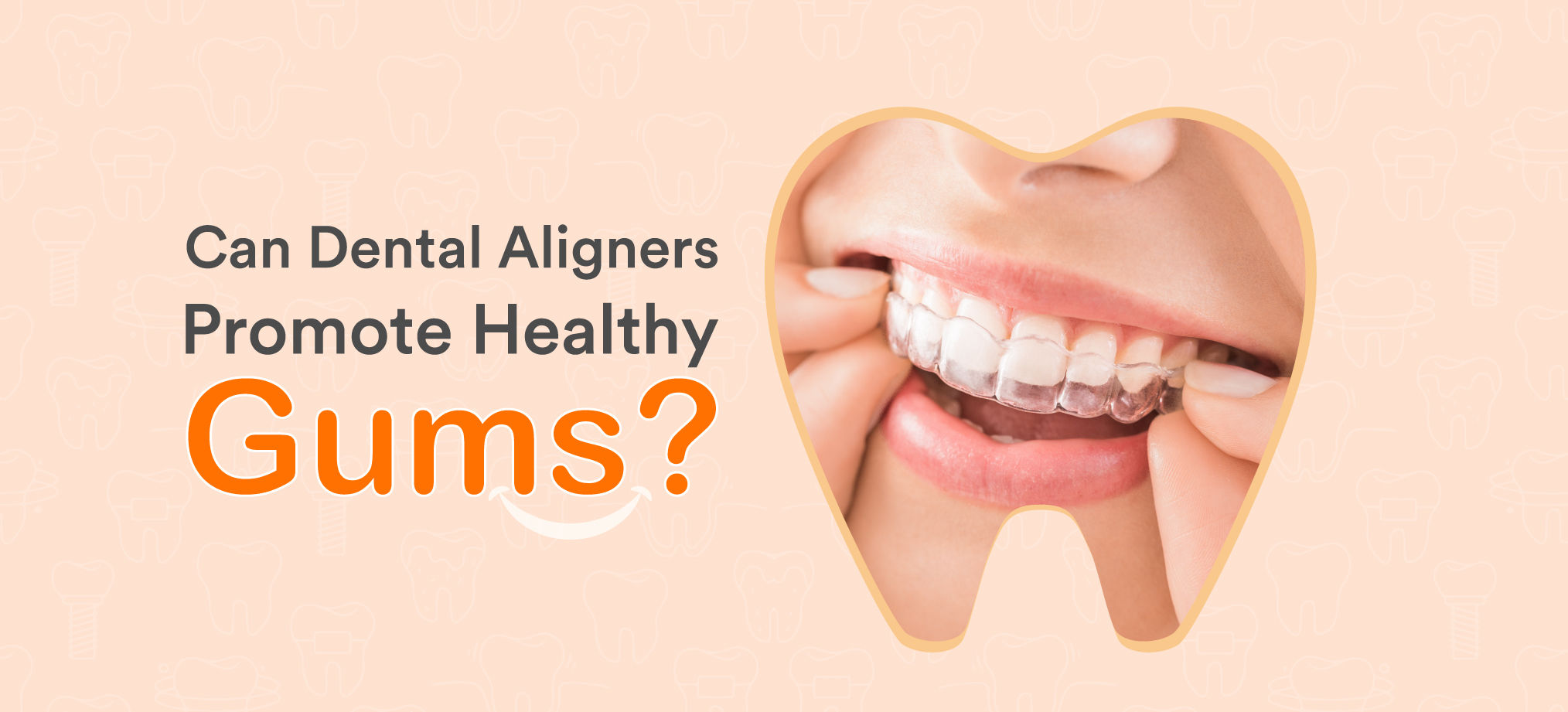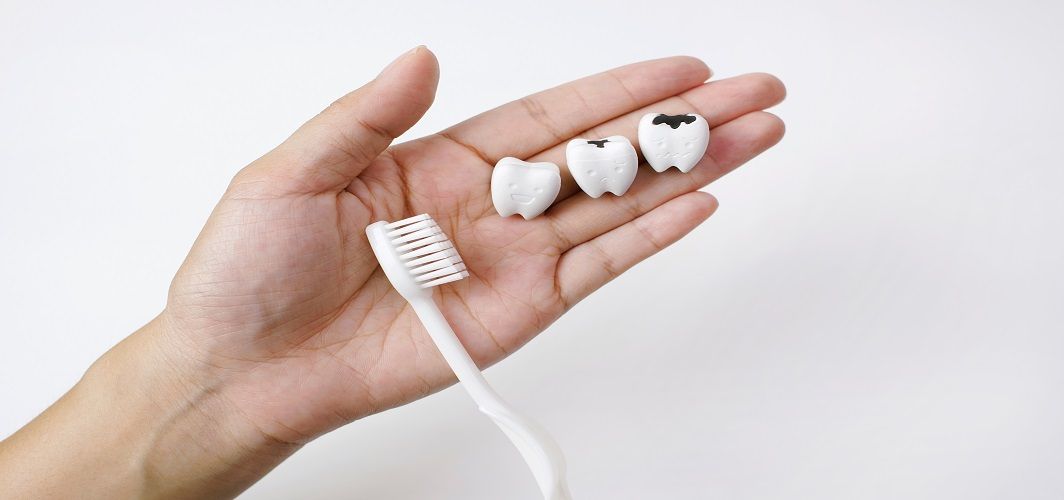Oral & Dental
5 Bad Habits That Can Damage Your Teeth And Decline Oral Health
3 min read
By Apollo 24|7, Published on - 09 November 2022, Updated on - 05 December 2022
Share this article
0
0 like

Oral health is an important part of your overall well-being. While regular dentist visits and proper oral hygiene are vital for maintaining healthy teeth and gums, it's not always enough. To keep your teeth in good shape, it's essential to cultivate teeth-friendly habits and ditch the bad ones. Your teeth can experience significant damage due to some common habits that you don't even give a second thought to. So, here is a list of the top 5 bad habits that hurt your teeth more than you know.
1. Brushing Too Hard
It is known to all that brushing twice a day is vital to ensure good oral health. However, using a hard-bristled brush or brushing your teeth too aggressively can cause damage to your teeth and gums. It can wear down the enamel of the teeth and recede the gum line, exposing the teeth's sensitive roots. To avoid this, it's highly recommended to use a soft or ultra soft-bristled toothbrush and gently brush your teeth in a circular motion for not more than 2 minutes, twice a day.
2. Chewing Tobacco or Smoking
Chewing or smoking tobacco is associated with an array of health issues, including oral health problems. Tobacco is highly damaging to your gums and teeth as it increases the risk of gum diseases, tooth decay, and even oral cancer. Moreover, it can lead to bad breath and discolouration of teeth. You can also take professional help if you are unable to quit smoking or tobacco.
3. Clenching or Grinding
Medically called bruxism, the habit of gnashing and grinding the teeth can be quite harmful. Some people do it all through the day and even while sleeping at night. This can damage teeth, restrict jaw movement, and cause muscle pain. To protect your teeth, you can use a mouth guard at night. Also, you can work to reduce stress, which is one of the most common causes of bruxism. Moreover, sleeping enough (8 hours a day) and reducing caffeine and alcohol intake can also help in ditching the habit.
4. Biting Nails
Biting nails might seem harmless but it can be quite harmful to your teeth. Biting your nails puts a lot of stress on your teeth, which can result in cracking or chipping. It also damages the enamel of the teeth, increasing the chances of decay. Moreover, nail biting can lead to jaw dysfunction as it causes you to hold your jaw in a protruded position for a prolonged duration. To prevent yourself from biting your nails, try keeping them trimmed short or paint them with nail polish.
5. Using Teeth as Multipurpose Tools
Your teeth are for chewing food and are not meant to be misused as multipurpose tools. Many people use their teeth to carry out odd tasks like tearing off tags, opening a package, or even holding something when their hands are busy. Using your teeth in these ways can make them more susceptible to damage. It harms tooth enamel, resulting in chipping, weakening, and cracking. Moreover, it can also cause injury to your jaw.
It’s essential to remember that your teeth, though strong, are not indestructible. You need to treat them well to ensure their health in the years to come. In addition to maintaining proper oral hygiene and consulting with a dentist for routine check-ups, it’s highly advisable to ditch all of the above-mentioned bad habits that you might have immediately. Need an expert opinion?
Medically reviewed by Dr Sonia Bhatt.
Oral & Dental
Leave Comment
Recommended for you

Oral & Dental
Is Severe Gum Bleeding A Sign Of Diabetes?
There is a two-way link between diabetes and oral health, particularly gum disease. People with diabetes are at a higher risk of developing oral health problems due to the impact of high blood sugar on the mouth. The article provides tips on how to maintain good oral health for overall diabetes management.

Oral & Dental
5 Reasons To Why Should You Go For Dental Aligners
Misalignment and improper positioning of teeth can result in several dental health issues like gum diseases, tooth decay, and bad breath. The best solution for crooked or crowded teeth is getting dental aligners. These aligners serve as an effective and painless means of straightening your teeth.

Oral & Dental
Tips to Prevent or Reverse Cavities
Dental caries, often known as cavities, are the early stages of dental decay that, if left untreated, can eventually lead to the formation of a hole in the tooth. They can be undone with simple restorative procedures like filling. Run down the blog to know how to prevent cavities.
Subscribe
Sign up for our free Health Library Daily Newsletter
Get doctor-approved health tips, news, and more.
Recommended for you

Oral & Dental
Is Severe Gum Bleeding A Sign Of Diabetes?
There is a two-way link between diabetes and oral health, particularly gum disease. People with diabetes are at a higher risk of developing oral health problems due to the impact of high blood sugar on the mouth. The article provides tips on how to maintain good oral health for overall diabetes management.

Oral & Dental
5 Reasons To Why Should You Go For Dental Aligners
Misalignment and improper positioning of teeth can result in several dental health issues like gum diseases, tooth decay, and bad breath. The best solution for crooked or crowded teeth is getting dental aligners. These aligners serve as an effective and painless means of straightening your teeth.

Oral & Dental
Tips to Prevent or Reverse Cavities
Dental caries, often known as cavities, are the early stages of dental decay that, if left untreated, can eventually lead to the formation of a hole in the tooth. They can be undone with simple restorative procedures like filling. Run down the blog to know how to prevent cavities.